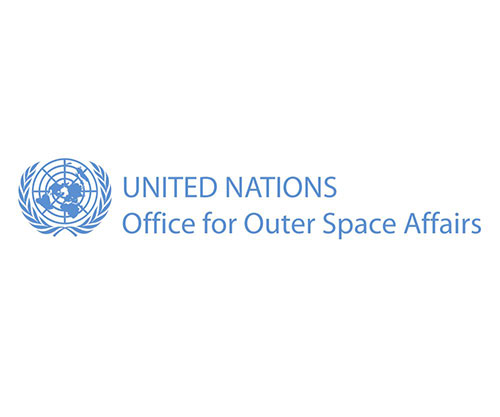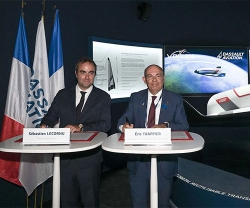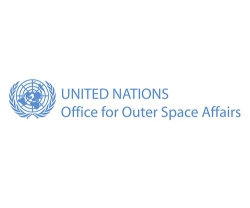A Jordanian university-led satellite project has been selected for official support by the United Nations Office for Outer Space Affairs (UNOOSA), marking a significant step forward in the Kingdom’s entry into the global space technology sector.
UNOOSA announced the selection of Al-Rhim Sat, a student-developed CubeSat, as part of its global initiative to promote access to space for emerging space nations. The project is the first from Jordan to receive direct support from the UN space agency.
The satellite, currently under development by a team of engineering students from several Jordanian universities, is being managed and funded by Al-Hussein Technical University. According to a statement from the university, Al-Rhim Sat was selected from among 17 proposals submitted by educational institutions in 15 countries.
Designed as a 1U CubeSat, the satellite will employ low-power, long-range wireless communication (LoRa) technology to track endangered wildlife in remote areas of Jordan. The mission combines advanced space technology with environmental sustainability, reflecting growing international interest in the application of space-based tools for conservation and climate resilience.
The project was submitted under UNOOSA’s open call for proposals to launch and deploy CubeSats using EXOpod deployers, provided by the German aerospace company Exolaunch. Al-Rhim Sat is currently undergoing its Preliminary Design Review (PDR) phase, with a planned launch date in late 2026, Petra news agency reported.
The project team includes academic supervisors and students from multiple institutions. It is led by Dr. Firas Jarrar, Head of the Mechanical Engineering Department at Al-Hussein Technical University, with engineering supervisor Nada Al-Khatib and project coordinator Diana Al-Jabour, a student of aerospace engineering at the Jordan University of Science and Technology. The team consists of 12 students from Al-Hussein Technical University and other Jordanian universities.
The selection of Al-Rhim Sat highlights Jordan’s growing emphasis on applied STEM education and youth participation in high-tech industries. It also represents a key milestone in the country’s efforts to build national space capabilities and promote scientific research aligned with international space development standards.
The project is expected to lay the groundwork for establishing a Jordanian space infrastructure, enabling the next generation of engineers and scientists to gain hands-on experience in satellite development, systems integration, and mission operations.
The initiative also aligns with broader national strategies to integrate Jordan into global technology value chains and to position the Kingdom as a regional player in emerging sectors such as aerospace, artificial intelligence, and climate tech.




















